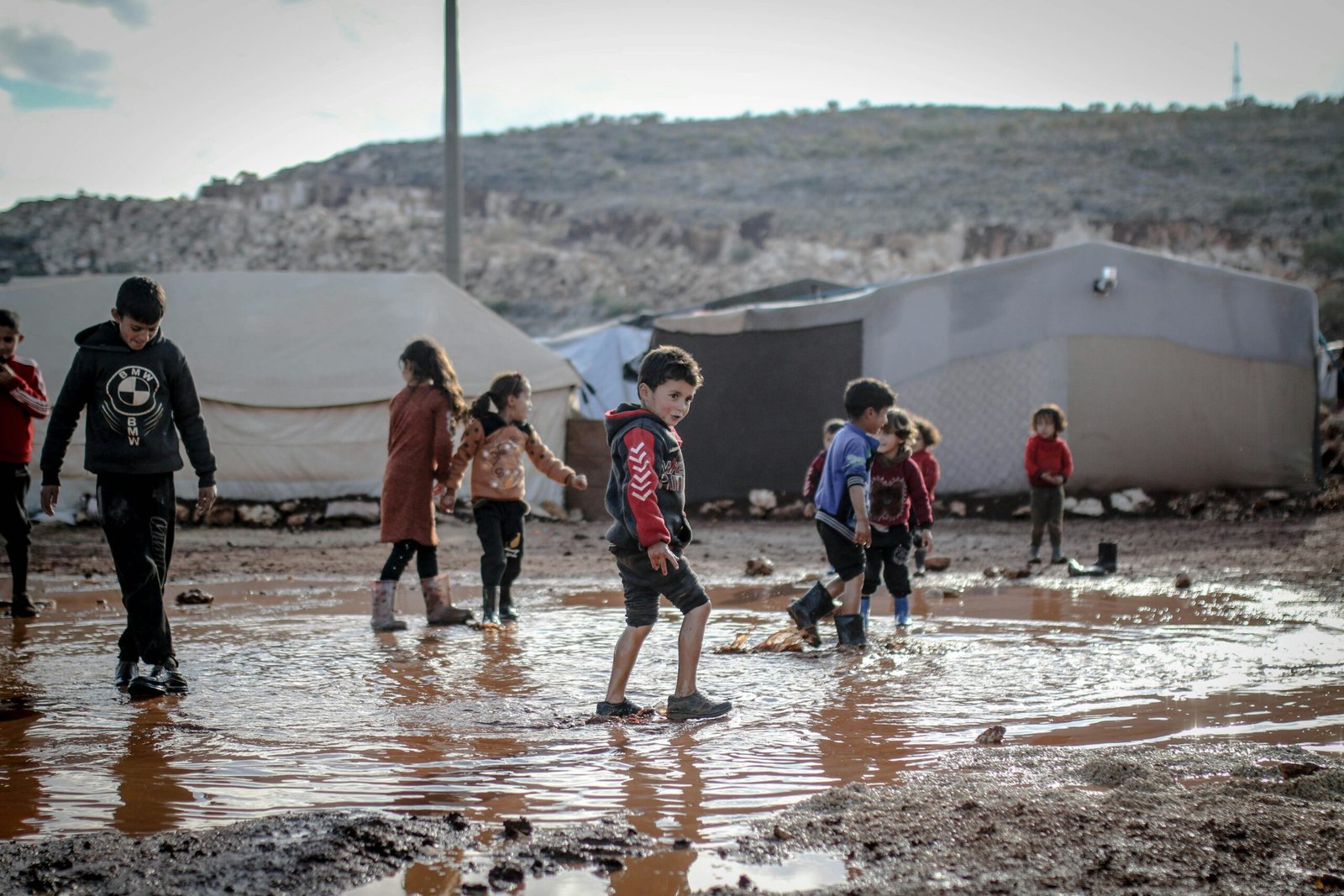Social Workers Combating Poverty: Tactics, Solidarity, and Support
How to Lessen Poverty and Define Poverty in Case Book Studies
Being in poverty is defined as not having enough money to maintain one’s standard of living and other necessities. Numerous environmental, legal, social, economic, and political factors can contribute to or result from poverty. There are two main ways to assess poverty in statistics and economics: absolute poverty measures a person’s income in relation to what is required to meet basic needs like clothing, food, and shelter; relative poverty measures a person’s inability to meet a minimum standard of living in comparison to other people living in the same place and at the same time. Relative poverty is defined differently in different nations and in different societies.
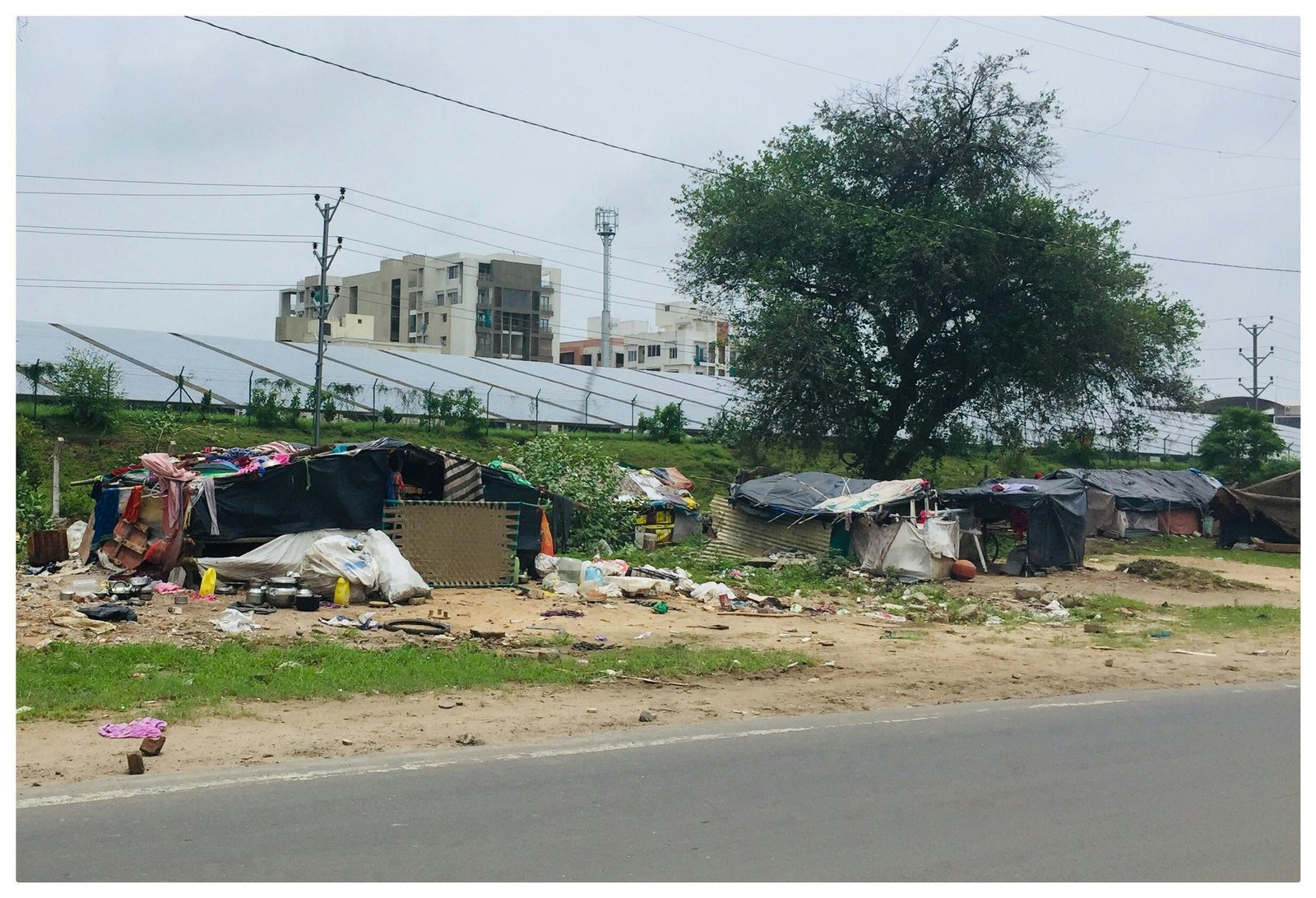
According to statistics, the majority of people on the planet as of 2019 live in poverty. To put it into PPP dollars, 85% of people make less than $30 per day, two-thirds make less than $10, and 10% make less than $1.90. In 2020, the World Bank Group reported that over 40% of the impoverished reside in nations that have experienced conflict.
Even in middle-income countries, the poorest residents often do not receive a sufficient portion of their nation’s rising wealth to escape poverty, even in cases where economic development occurs. Electrification in rural regions and housing first policies in urban areas are only two examples of the various policies and initiatives for poverty alleviation that governments and non-governmental organizations have experimented with Sustainable Development Goal 1 (or “No Poverty”) encapsulates the global frameworks for reducing poverty that were adopted by the United Nations in 2015.
Poverty can be made worse by social forces including gender, handicap, race, and ethnicity; women, children, and minorities are often disproportionately affected by poverty. Furthermore, those who live in poverty are more susceptible to the negative effects of other societal issues, such as the harm that industry causes to the environment, the effects of climate change, natural disasters, and harsh weather. Poverty can also exacerbate other social issues; deforestation, biodiversity loss, and ethnic strife are often exacerbated by the economic strains placed on impoverished communities. Because of this, the UN’s Sustainable Development Goals and other global initiatives, such the global recovery from COVID-19, highlight the link between reducing poverty and other societal objectives.
Remaking Lives: Social Workers’ Effect on Reducing Poverty
A social worker is a trained practitioner who helps people learn how to live better lives as individuals, communities, and groups. They typically offer assistance to groups of individuals of all ages who might be having problems as a result of prejudice or other social injustices like poverty.
The World Poverty Clock 2021 estimates that 83,068,597 (83 million) Indians, or almost 6% of the country’s entire population, live in poverty. Poverty affects approximately 45,301,124 women and 37,767,473 men, meaning that women are more afflicted than men.
In any society, social workers are essential in the fight against poverty and helping the underprivileged. These represent only a handful of the ways they help those in need.
- Assistance in Meeting Necessities
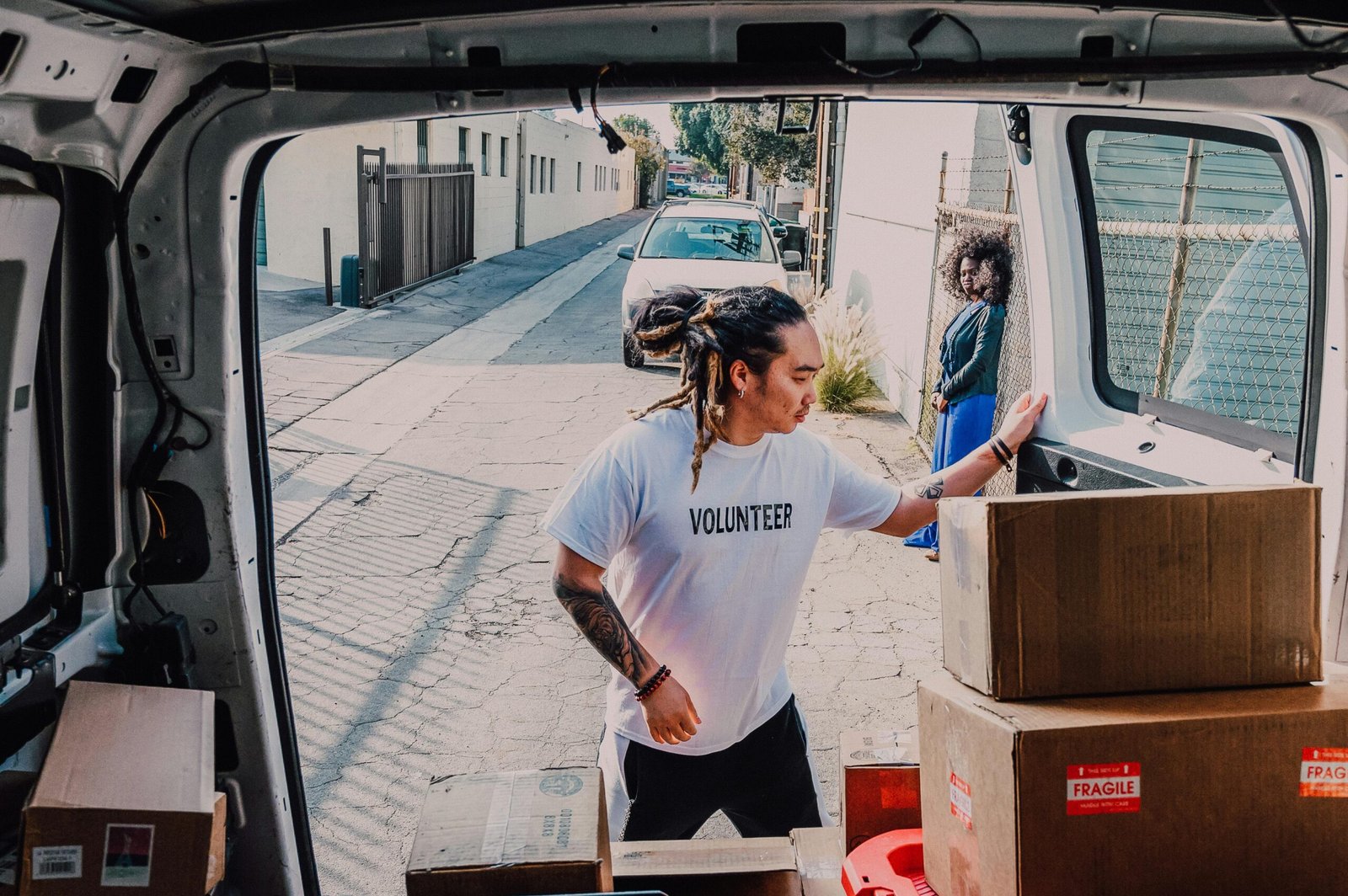
Taking care of the impoverished people’s fundamental needs is one of social workers’ main responsibilities.
In addition to giving them food, clothing, and shelter, this could also entail granting them access to social services, healthcare, or child care. Often, they support them by pointing them in the right direction, or by donating products to charities, or even helping with the paperwork required for certain social benefits.
To deliver these, they mostly work in conjunction with NGOs, community service organizations, and social service providers.
- Make a Commitment to their Cause
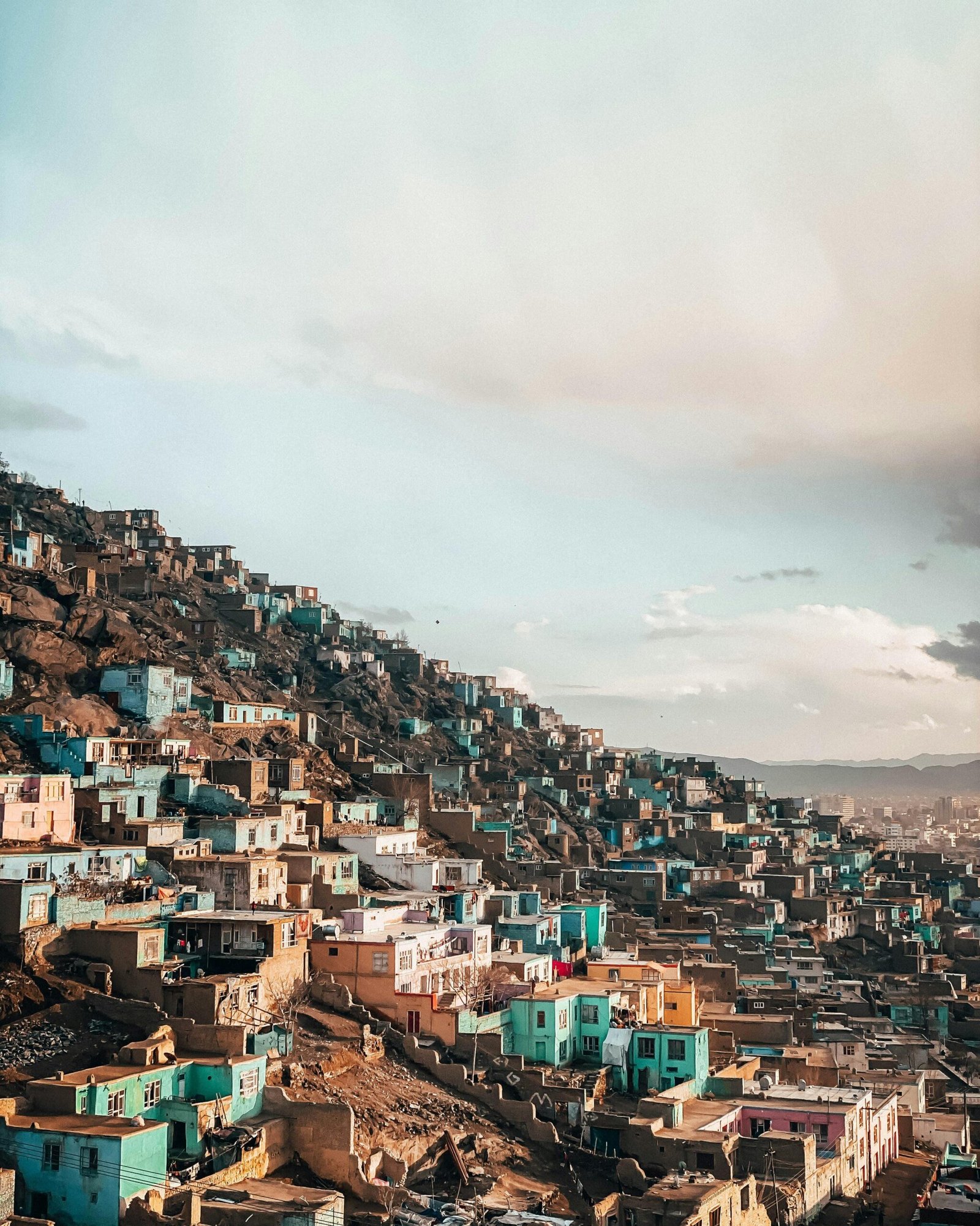
Advocating and achieving results for those living in poverty is the most difficult task a social worker can undertake.
It entails assessing the situation and resolving any potential social problems. Sometimes it’s difficult for these people to stand up for themselves and obtain the resources they need.
It could be due to a physical or mental disability, or other conditions that make it hard or impossible for them to express their needs verbally.
Social workers help the less fortunate by offering advocacy services, like mediating disputes or getting in touch with political or social service agencies directly.
- Assist in Formulating Social Policies
It is a little-known reality that most social policies and laws are passed as a result of the extraordinary efforts of these social workers.
They frequently take part in committee work, interact directly with elected authorities to discuss local concerns, or suggest possible changes to specific social programs that affect the poor.
- Educate Local Populations

Another essential role of social workers is educating the community about poverty and related issues.
For example, issues like drug and alcohol addiction, crime, a lack of child care alternatives, and educational difficulties can affect poor neighborhoods.
Social workers help communities learn how to lessen or prevent these problems. There are also specialized NGOs for underprivileged children’s education all throughout the nation in an effort to provide children with a basic education from an early age and avoid any later issues.
The largest NGO in India, Narayan Seva Sansthan, started one such initiative called the Gareeb Parivar Yojna, which distributes food, medical supplies, and rations to underprivileged people.
Helping the Poor: The Role of Social Workers
According to the International Federation of Social Workers, social workers are crucial in aiding the impoverished and fighting to end poverty. Working for social justice, which identifies poverty as a major societal issue, is one of the tenets of social work, as stated by the National Association of Social Workers. Social workers help the impoverished on a large-scale, or macro, basis as well as on an individual basis. You can determine if this is the career for you by going over the fundamentals of the social work approach to poverty.
- Support for Specific Needs

Helping with tangible needs is one of the most significant ways social workers support the underprivileged. Concrete needs can include social services, health care, or child care in addition to necessities like food, clothing, and shelter.
According to the U.S. Bureau of Labor Statistics, social workers assist clients with tangible needs in a range of contexts, such as social services agencies, community services agencies, and overseas aid groups. They might meet with clients to personally deliver things, connect them to relevant information, or assist them in completing the necessary paperwork for certain social benefits.
Social workers frequently assist clients with finding the appropriate organizations to support them and with filling out documents, such as those needed to obtain food stamps. The number of government and nonprofit organizations that offer benefits and services for no cost or for a nominal fee is often unknown to the impoverished.
- Defending Their Allegations
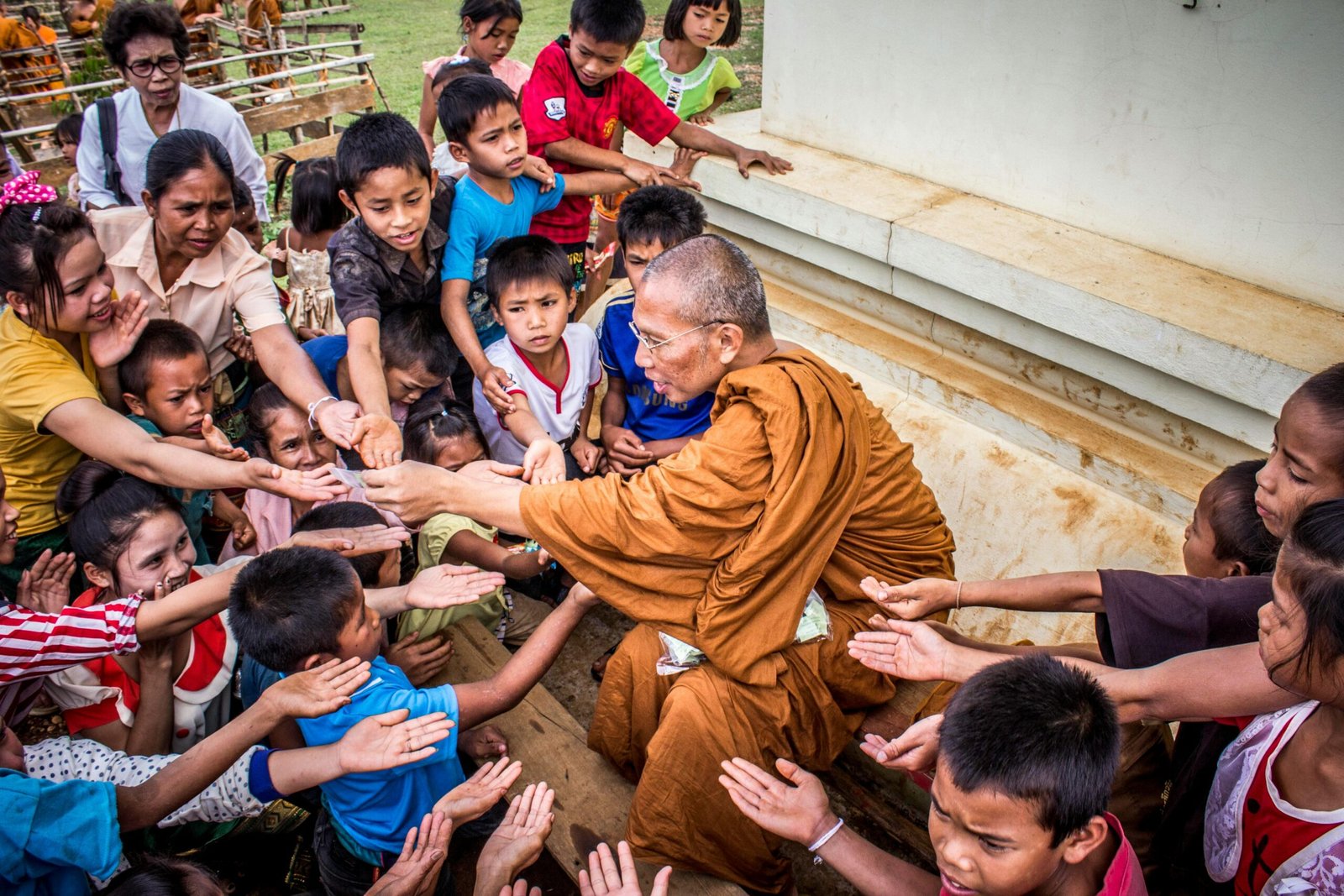
Clients in poverty may find it difficult to advocate for themselves in order to get the assistance they require. They could have physical or mental disabilities, mental illnesses, or other problems that make it hard or impossible for them to speak up for themselves. By offering advocacy services, such as mediating disputes or directly interfering with governmental bodies or social service providers, social workers assist the underprivileged. This is a crucial component of child welfare and poverty interventions in social work.
A social worker’s role in resolving social issues may include advocating on behalf of an evicted client with neighborhood housing organizations or assisting the client in locating community resources—like churches and religious organizations—that may be able to temporarily assist with rent payments. A social worker may intervene on behalf of a client who has been denied public assistance, requesting an exception or an extension of time to meet eligibility requirements.
- Development of Social Policies

Macro, or large-scale, assistance to the impoverished is also provided by social workers through their efforts to modify social policies. They employ a number of strategies to achieve this goal, including political action and community organization.
In order to explore community issues or propose potential changes to particular social policies that impact the poor, some social workers participate in committees or work directly with political authorities. They might also engage in other activities, such planning fundraisers or community protests, to further impact social policies.
- Activities for Community Education
Social workers also play a crucial role in educating the public about poverty and related issues. For instance, problems like drug and alcohol addiction, gang violence, a shortage of child care, and educational barriers frequently impact impoverished neighborhoods.
Social workers support communities in finding more fruitful methods to collaborate, in preventing or lessening the occurrence of these issues, and in coming up with innovative or workable solutions to challenges.
Which Careers in Social Work Reduce Family Poverty?
According to the National Poverty Center, as of 2010, over 15% of all Americans and 22% of American children were living in poverty. One of the most popular careers in the realm of preventing and eliminating poverty is social work.
Social workers who specialize in this area of practice have a variety of professional options to help those impacted by poverty live more meaningful lives.
- Social Workers in Direct Practice
 Direct-practice social workers are practitioners with a bachelor’s or occasionally a master’s degree who help the impoverished with social services and practical needs.
Direct-practice social workers are practitioners with a bachelor’s or occasionally a master’s degree who help the impoverished with social services and practical needs.
They assist those impacted by poverty in a variety of contexts, such as food banks, social assistance organizations, and nonprofit community groups. They assist customers with obtaining clothing, food, housing, and transportation.
Additionally, they help clients apply for social welfare benefits, including health and food assistance, and direct them to local options like legal aid or job placement organizations.
- Investigators
Social workers with master’s and doctoral degrees may decide to pursue careers in poverty research. They may be employed by government agencies, universities, specialized social policy research institutes, or other research firms. The goal of social work research on poverty is to comprehend the conditions and variables that contribute to poverty.
It also emphasizes the creation of new policies aimed at preventing or lessening poverty. Researchers in social work may look into issues related to social programs, aging, nutrition, and health care. Some social work scholars concentrate on the effects of poverty on certain groups of people, such as elderly people, immigrants, minorities, and victims of domestic abuse.
- Workers in Community Development
 Community development is one of the main ways social workers contribute to the prevention or eradication of poverty.
Community development is one of the main ways social workers contribute to the prevention or eradication of poverty.
Community development tackles poverty from a macro perspective, examining how it impacts individuals, communities, and the broader society.
Social workers who work in this field may be engaged in social action, social planning, program creation, and community organizing.
For instance, they might assist in creating neighborhood employment training and placement programs or provide education to underprivileged areas on topics like violence prevention and substance misuse prevention.
Conclusion | Casebook Work: Social Workers’ Role in Reducing Poverty
To sum up, social workers are essential to reducing poverty and enhancing the quality of life for people who are struggling financially as well as for communities. Social workers provide individuals in need with priceless support, advocacy, and resources because of their devotion, empathy, and commitment to social justice.
Social workers help create more just societies where everyone has the chance to prosper by tackling the intricate issues related to poverty and pushing for structural change.
Even though ending poverty is still an enormous challenge, social workers’ unwavering efforts provide hope by showing that good things can happen when people are resilient, cooperative, and compassionate.
Recognizing and valuing social workers’ vital role in building a better future for all of us—especially the most vulnerable among us—is crucial as we continue to strive toward a more equitable and inclusive world.
Image Courtesy
Chris John, RDNE Stock project, Suliman Sallehi, cottonbro studio, Suraphat Nuea-on, Ron Lach, Ahmed akacha.
